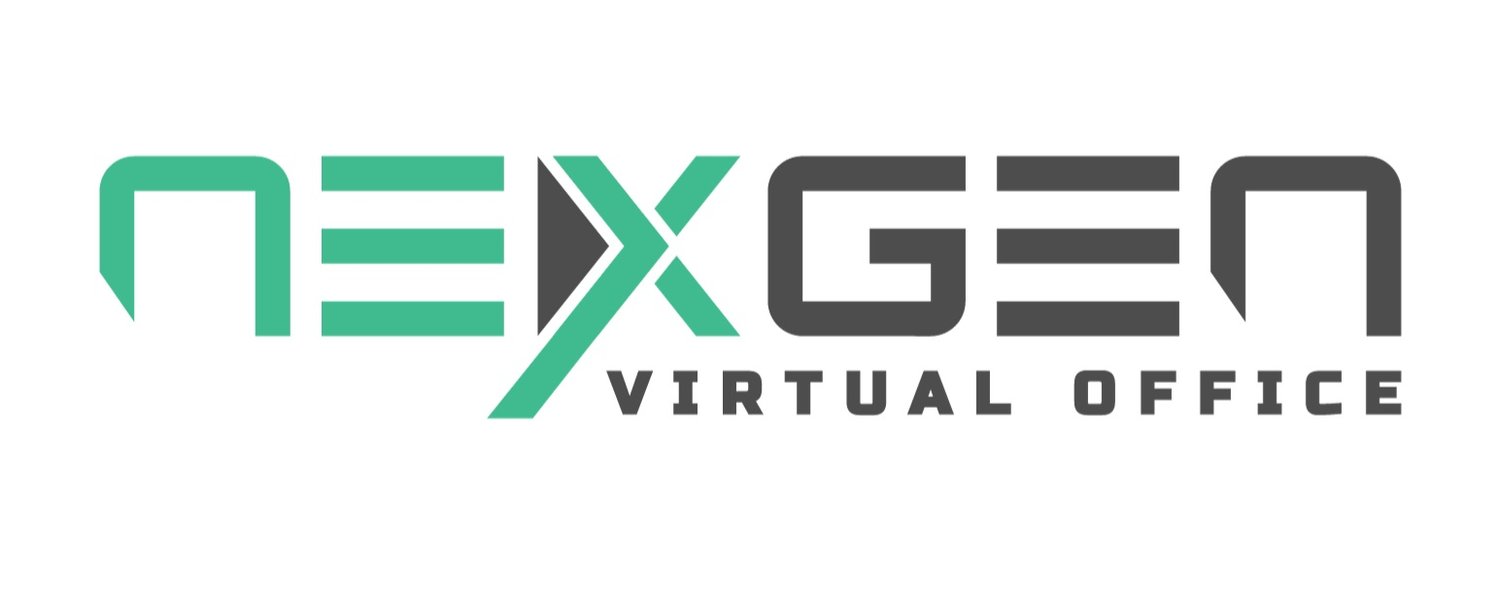How do you manage and keep remote teams engaged?
As seen in Gallup - Understanding & Managing Remote Workers
Remote and onsite teams need the same things from their manager to be successful -- but remote workforce management can look much different.
Employee engagement -- employees' involvement in and enthusiasm for their work and workplace -- should be a manager's primary focus. That's because the manager alone determines 70% of the variance in team engagement.
When strategizing how to engage remote employees, review the basic drivers of employee engagement through the lens of remote work.
Purpose:
Why does it matter?
When managers connect and communicate purpose with their team, it attaches meaning to the work employees do. It's easier for employees to see how their work fits into the big picture when their manager points them toward the larger goals.
What does it mean for managers of remote workers?
Don't let your remote employees fall into a rut. Give employees a wider perspective of your company's purpose and show them how their work fits in. That purpose will help connect them to their team and your organization.
Development:
Why does it matter?
Gallup data show that lack of development and career growth is one of the top reasons employees leave a job. Employees expect to be developed when you hire them.
What does it mean for managers of remote workers?
Don't let remote workers be "out of sight, out of mind." Developing remote employees might require a different strategy than developing on-site employees, but it should remain a high priority for managers.
A Caring Manager:
Why does it matter?
Employees need to know that they are more than just a number. They need to know that someone is concerned about them as people first and as employees second.
What does it mean for managers of remote workers?
Take time to intentionally connect with your remote employees through Quick connects, Check-ins and Developmental Coaching -- meetings that might happen naturally in the office.
A Focus on Strengths:
Why does it matter?
When managers remove roadblocks and focus on helping employees do what they do best every day, employee wellbeing increases, and so does their organization's employee attraction, engagement and retention.
What does it mean for managers of remote workers?
Weave strengths into your conversations and activities with remote employees. Strengths conversations motivate and empower employees -- they help them better understand themselves and others, create bonds, and develop relationships.
Review full article: https://bit.ly/44pElJu

